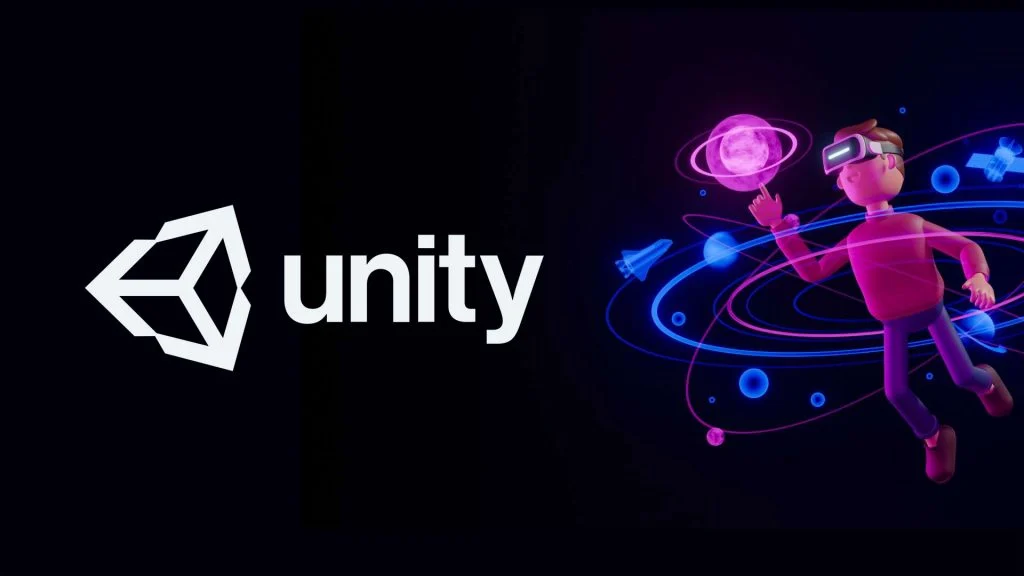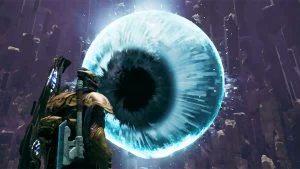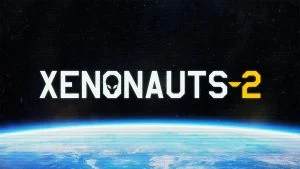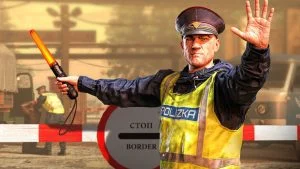I thought the days of pumping NFT gaming projects was over since the entire Logan Paul CryptoZoo scandal, but, unfortunately — it looks like it just became easier for developers to implement crypto into their games thanks to Unity.
The company and game engine behind popular games like Pokemon GO and Fall Guys, has just added a new category in their asset store called “Decentralized technologies for gaming,” which will enable developers to more easily integrate crypto exchanges via popular wallet providers like Metamask.
According to the Unity asset store:
“In the context of video game development, decentralization typically refers to models of in-game ownership. In practice, this means enabling game mechanics that allow players to create, earn, or obtain in-game resources that they can sell or trade. Some examples of technologies that allow for decentralization in games are smart contracts, virtual wallets, non-fungible tokens (NFTs), and cryptocurrency.“
Some of the solutions listed in the store include Solana SDK, Altura, and Flow SDK, just to name a few.
I Still Don’t Get Blockchain Gaming
If you’re lost as to what this all means and the impact it might have on certain games — don’t worry; you’re not alone. The crux of using blockchain in gaming relies on a sense of “ownership” over the digital asset you possess in the game, typically in the form of a non-fungible token (NFT).
The concept behind this is that one day you’ll be able to trade this NFT to another person for profit. However — this is certainly not the way it always works.
For one, there’s no guarantee that you’ll ever sell that NFT. And in the case where you can’t sell one — you’re stuck with a highly-valued virtual token on the blockchain. Something that has no inherent value if the general perception is that it’s worthless. You can see how “dead game” might mean “dead bank account,” if you’ve invested a lot into it.
Secondly, even if you end up selling the NFT, the value of the said virtual asset is tied directly to the cryptocurrency it’s built with. In most cases, this is Ethereum or a fork of Ethereum, which literally shrank half in value from March 2022 to March 2023, tanking from a high of around $3.5K per coin in April 2022, to around $1.6K today, according to Coindesk.
It’s Easy to Get Sucked In
I’m sure at the peak of the Bored Ape NFT craze; people were overjoyed that they could flip an ape at an insane profit. However — this only works if people are buying said apes. The insane guerrilla (excuse the pun) marketing that the company did — being featured on late-night talk shows and plastered all over Twitter — is not something most companies or NFT games can actually afford, let alone execute.
The concept of “get rich quick” is nothing new to society. Getting the right NFT or virtual plot of land before it goes viral is pretty enticing. However — just like most things, the percentage of people that will ever profit off such games is such a small sliver, and just like gambling or the lottery, chasing the dragon for the next big item or NFT game craze will likely not end well for the vast majority of people.
Two Huge Problems
There are two primary problems with NFT or Blockchain gaming. First, the vast majority of Blockchain “games” are just horrendous games. Gaming is meant to be fun, and most blockchain games are more concentrated on monetization than the actual gaming aspects. Games aren’t meant to be jobs, and while the dream of making money while you game has been proven to be an attainable one by pro gamers and online streamers, ask WoW gold farmers how fun it was grinding the same set of mobs for three months straight when the game first released.
Secondly, the idea that digital ownership in gaming is impossible or less good without the blockchain is absurd to most gamers. From World of Warcraft to CS:GO to EVE Online, there are many examples where games use real-life money or in-game virtual currency to create a thriving sub-economy and trading marketplace. That doesn’t mean I’m advocating for these marketplaces, either, but they already exist.
So, if someone could explain to me how Blockchain, NFT, and crypto are actually good for gaming, I’m all ears. For now, I’ll stick to titles with development teams that are passionate about gaming, not squeezing the most money out of their players.
See our News Section for more articles like this one.
Disclaimer: The views and opinions expressed in this piece are those of the writer and do not necessarily reflect the views or positions of Gamer Digest.





